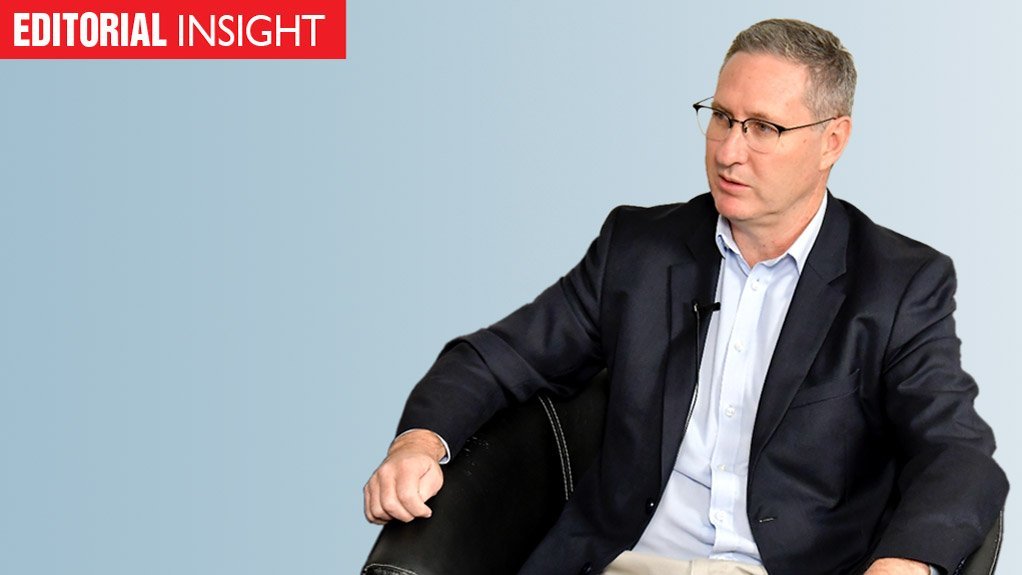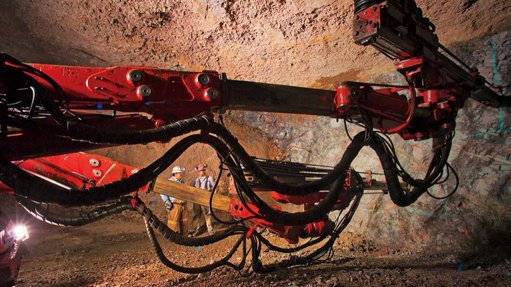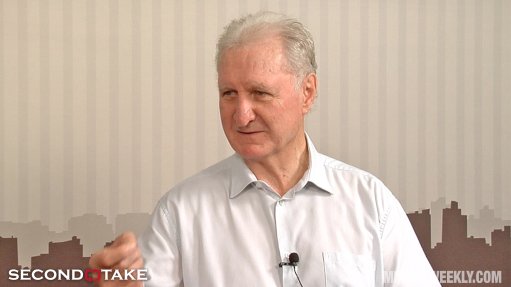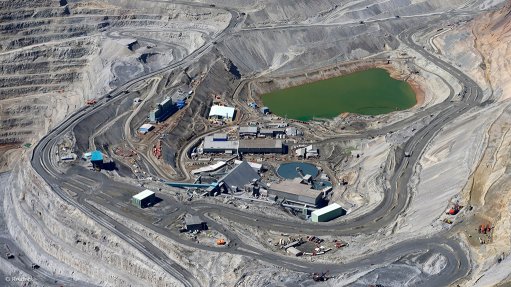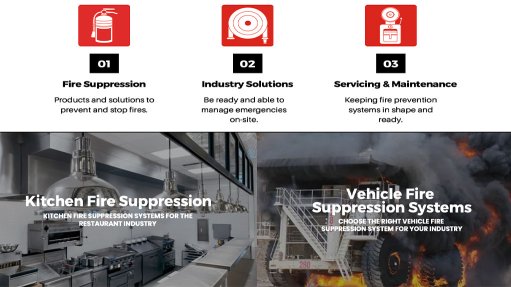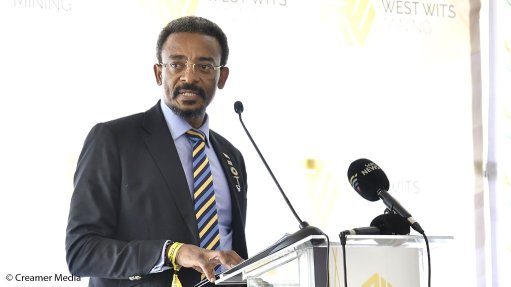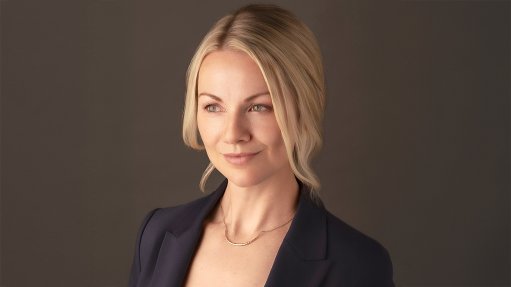Vital lessons
With terms like ‘implementation’ and ‘infrastructure’ dominating South Africa’s current Covid-19 recovery narrative, timely insights on what distinguishes successful projects from unsuccessful ones are provided in a recent paper prepared for the National Planning Commission.
Written by engineers Dr Ron Watermeyer and Dr Sean Phillips, the paper suggests that the key differentiator lies with the quality of the public-sector client. Value for money is typically secured, their analysis shows, when that client adopts a strategic, rather than administrative, stance on the design, procurement and implementation of infrastructure projects and where the project is overseen at the level of the CEO.
By contrast, when no distinction is made between the procurement of infrastructure and the acquisition of general goods and services and when that procurement is led by finance departments rather than at an enterprise level, projects tend to run over budget and behind schedule.
The authors juxtapose several high-profile megaprojects that fell short of original cost and schedule estimates, against two project-delivery success stories: the Renewable Energy Independent Power Producer Procurement Programme (REIPPPP) and Strategic Integrated Project 14 (SIP 14), which involved the building of two new universities.
Under the REIPPPP, government’s Independent Power Producer (IPP) Office oversaw the procurement, through seven bidding rounds, of 6 422 MW of renewables capacity, built by 112 IPPs at a cost of R209.7-billion. Under SIP 14, the Department of Higher Education and Training employed the University of the Witwatersrand as its implementation agent for the construction of new campuses in Nelspruit, Mpumalanga and Kimberley, in the Northern Cape.
In the case of the REIPPPP, the quality of the procurement process run by the IPP Office resulted in the development of trust in the procurement process by developers and financiers. This, in turn, contributed to a marked reduction in the cost of renewables through successive bid rounds. Key strengths of the new universities project, meanwhile, arose from client governance and organisational ownership practices, which provided effective direction and oversight of the organisation’s infrastructure delivery programme.
In both instances, there was also CEO-level client leadership, which helped ensure that a strategic and tactical approach was adopted throughout.
“The root cause of poor project outcomes can most often be attributed to a lack of governance and poor procurement and delivery management practices, all of which are under the control of the client,” the authors aver.
They acknowledge that poor project outcomes are often exacerbated by corruption, but argue that the scope for corrupt practices increases in instances where procurement is conducted as an administrative rather than strategic function and where the project implementors, the engineers, are excluded from procurement design and implementation.
These are all important lessons that should not be forgotten as South Africa gears up for an infrastructure-led recovery.
Article Enquiry
Email Article
Save Article
Feedback
To advertise email advertising@creamermedia.co.za or click here
Announcements
What's On
Subscribe to improve your user experience...
Option 1 (equivalent of R125 a month):
Receive a weekly copy of Creamer Media's Engineering News & Mining Weekly magazine
(print copy for those in South Africa and e-magazine for those outside of South Africa)
Receive daily email newsletters
Access to full search results
Access archive of magazine back copies
Access to Projects in Progress
Access to ONE Research Report of your choice in PDF format
Option 2 (equivalent of R375 a month):
All benefits from Option 1
PLUS
Access to Creamer Media's Research Channel Africa for ALL Research Reports, in PDF format, on various industrial and mining sectors
including Electricity; Water; Energy Transition; Hydrogen; Roads, Rail and Ports; Coal; Gold; Platinum; Battery Metals; etc.
Already a subscriber?
Forgotten your password?
Receive weekly copy of Creamer Media's Engineering News & Mining Weekly magazine (print copy for those in South Africa and e-magazine for those outside of South Africa)
➕
Recieve daily email newsletters
➕
Access to full search results
➕
Access archive of magazine back copies
➕
Access to Projects in Progress
➕
Access to ONE Research Report of your choice in PDF format
RESEARCH CHANNEL AFRICA
R4500 (equivalent of R375 a month)
SUBSCRIBEAll benefits from Option 1
➕
Access to Creamer Media's Research Channel Africa for ALL Research Reports on various industrial and mining sectors, in PDF format, including on:
Electricity
➕
Water
➕
Energy Transition
➕
Hydrogen
➕
Roads, Rail and Ports
➕
Coal
➕
Gold
➕
Platinum
➕
Battery Metals
➕
etc.
Receive all benefits from Option 1 or Option 2 delivered to numerous people at your company
➕
Multiple User names and Passwords for simultaneous log-ins
➕
Intranet integration access to all in your organisation



